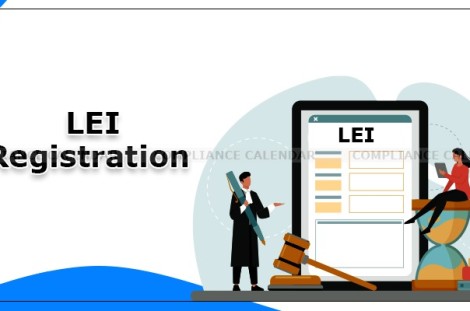LEI Registration: A Key to Global Financial Transparency, #11918
An LEI (Legal Entity Identifier) is a 20-character alphanumeric code that uniquely identifies legal entities across the globe.
Owner
Description
In today’s interconnected financial world, transparency and accountability are crucial for maintaining trust and reducing risks. The Legal Entity Identifier (LEI) system plays a pivotal role in ensuring global financial stability by providing a unique identification code to entities participating in financial transactions. LEI Registration is a requirement for companies engaged in securities trading, derivatives, and other regulated financial activities.
What is an LEI?
An LEI (Legal Entity Identifier) is a 20-character alphanumeric code that uniquely identifies legal entities across the globe. The system was introduced after the 2008 financial crisis to enhance risk management and regulatory oversight. The Global LEI System (GLEIS) is managed by the Global Legal Entity Identifier Foundation (GLEIF), which ensures that financial institutions and regulators have access to reliable entity identification.
LEI registration is a crucial step for businesses operating in financial markets, ensuring compliance, transparency, and efficiency. As regulatory requirements continue to evolve, obtaining an LEI Code is not just a necessity but a strategic advantage in the global economy.











